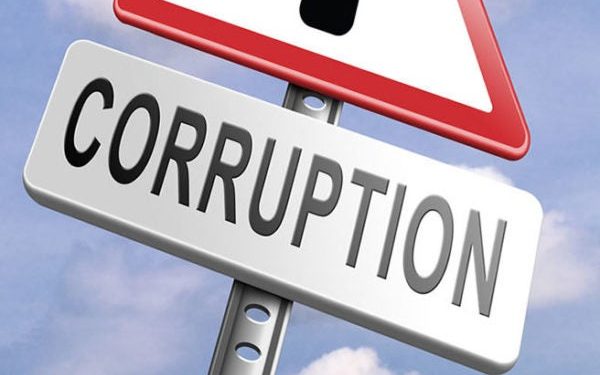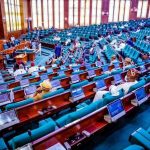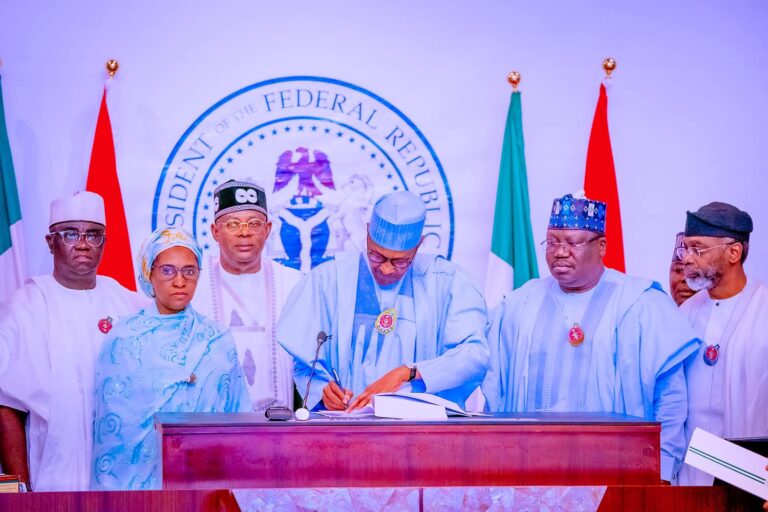The Nigerian House of Representatives has urged the Federal Government to review the budget allocation of the Bureau of Public Procurement (BPP) to enable it to effectively carry out its mandate. This call was made through the Ministry of Budget and Economic Planning, asking for an upward adjustment in the BPP’s budget in future estimates to reflect current realities.
Lawmakers also directed the Committee on Public Procurement to conduct an in-depth oversight of the Bureau, proposing measures to improve its efficiency and effectiveness. The committee is expected to report back within four weeks for further legislative action.
This decision followed a motion of urgent national importance presented by Hon. Unyime Idem during plenary. In his lead debate, Idem stressed the importance of transparency, competitiveness, cost-effectiveness, value-for-money, and professionalism in public procurement processes across Nigeria.
Idem highlighted that the Public Procurement Act of 2007 established the BPP as the regulatory body overseeing procurement processes for over 800 Ministries, Departments, and Agencies (MDAs). The Bureau is tasked with setting standards, developing legal frameworks, and harmonizing government policies to ensure the effective monitoring of public procurement.
The lawmakers noted that the BPP’s current budget allocation of N2.2 billion in the 2024 Appropriation Act is insufficient for the extensive responsibilities it holds. This includes conducting procurement audits, monitoring compliance with established policies, and ensuring transparency across the six geopolitical zones.
Concerns were raised about the rising trend of procurement irregularities, which account for over 70% of corruption in the public sector. Lawmakers stressed the need for urgent measures to strengthen oversight and ensure procurement processes adhere to global best practices. Effective monitoring, they argued, would help ensure value-for-money and maintain competitiveness and professionalism in the sector.
The House emphasized that addressing these irregularities would require increased funding for the BPP to carry out its essential tasks of monitoring and surveillance, ensuring public resources are managed effectively.










